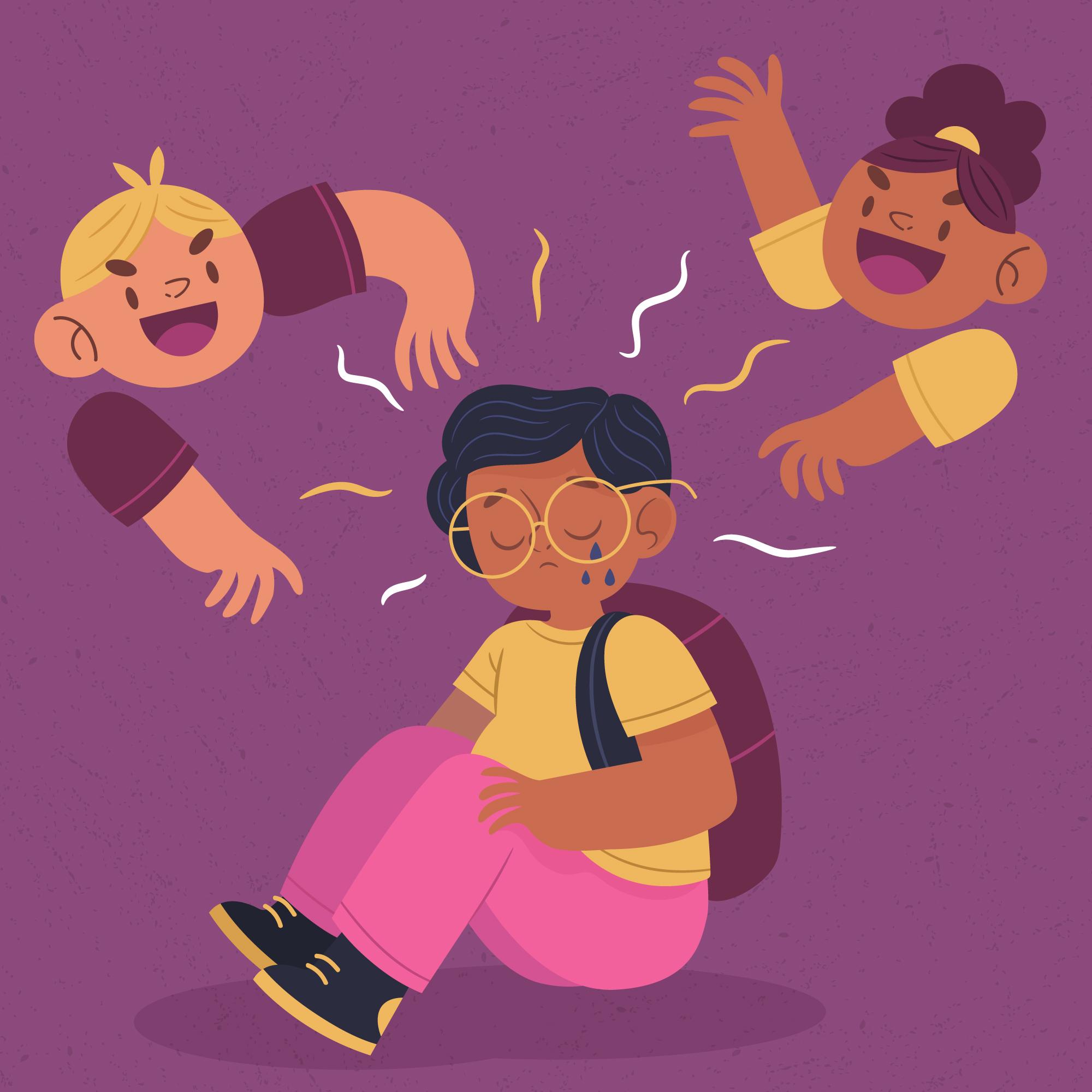Conduct Disorder
Overview
Conduct Disorder (CD) is a serious behavioural and emotional disorder diagnosed primarily in children and adolescents. It is characterized by persistent patterns of aggression, deceitfulness, rule violations, and disregard for societal norms. In India, where mental health awareness is still developing, Conduct Disorder often goes undiagnosed or misinterpreted as mere indiscipline. Understanding its prevalence, risk factors, and treatment options is crucial for early intervention and better outcomes.
Key Facts
- Prevalence: Studies suggest that 1%–4% of children and adolescents in India exhibit symptoms of Conduct Disorder.
- Gender Differences: Boys are more frequently diagnosed than girls, with a male-to-female ratio of approximately 3:1.
- Comorbidity: CD often coexists with Attention-Deficit/Hyperactivity Disorder (ADHD), Oppositional Defiant Disorder (ODD), depression, and substance abuse.
- Impact: If untreated, Conduct Disorder may lead to criminal behaviour, substance abuse, and antisocial personality disorder in adulthood.
Symptoms and Patterns
Conduct Disorder manifests through behavioural, emotional, and cognitive symptoms. Key symptoms include:
- Aggressive behaviour: Bullying, physical fights, cruelty towards people or animals.
- Destructive tendencies: Vandalism, arson, property destruction.
- Deceitfulness or theft: Lying, shoplifting, breaking into properties.
- Serious violations of rules: Running away from home, skipping school, defying authority figures.
In India, these behaviours are often dismissed as rebellious phases rather than potential clinical conditions, delaying crucial intervention.
Risk and Protective Factors
Risk Factors:
- Biological: Genetic predisposition, neurobiological deficits.
- Psychological: Emotional dysregulation, low frustration tolerance, poor impulse control.
- Family-related: Parental neglect, exposure to domestic violence, harsh or inconsistent discipline.
- Social and Environmental: Peer influence, socioeconomic stress, lack of community support.
Protective Factors:
- Strong parental supervision and consistent discipline.
- Supportive school environment fostering positive peer relationships.
- Early intervention programs focusing on emotional regulation and social skills.
- Access to mental health services for at-risk children.
Treatment and Care
Managing Conduct Disorder requires a multi-faceted approach combining medical, psychological, and social interventions.
- Medication: While there is no specific drug for CD, medications for comorbid conditions (e.g., ADHD, anxiety) can help in management.
- Behavioural Therapy: Cognitive Behavioural Therapy (CBT) helps children develop better coping mechanisms.
- Parental Training: Programs that teach parents positive reinforcement techniques can significantly reduce symptoms.
- School-Based Interventions: Structured behavioural programs in schools help in socialization and academic improvement.
Psychological and Psychosocial Interventions
- Cognitive-Behavioural Therapy (CBT): Helps children modify aggressive and impulsive behaviours.
- Family Therapy: Aims to improve family communication and parenting skills.
- Social Skills Training: Helps children interact positively with peers and adults.
- Community-Based Programs: Support groups and mentorship programs provide social reinforcement and structured activities.
Conclusion
Conduct Disorder in India remains an underdiagnosed and often misunderstood condition. Greater awareness, early diagnosis, and holistic interventions can significantly improve outcomes for affected children. Schools, parents, and mental health professionals must work together to create a supportive environment that fosters behavioural change and social integration.


